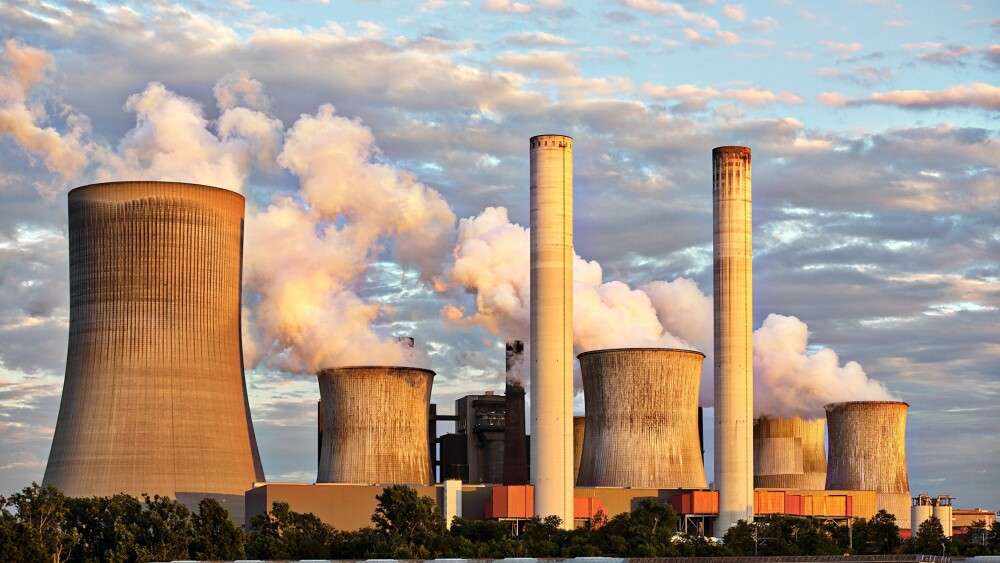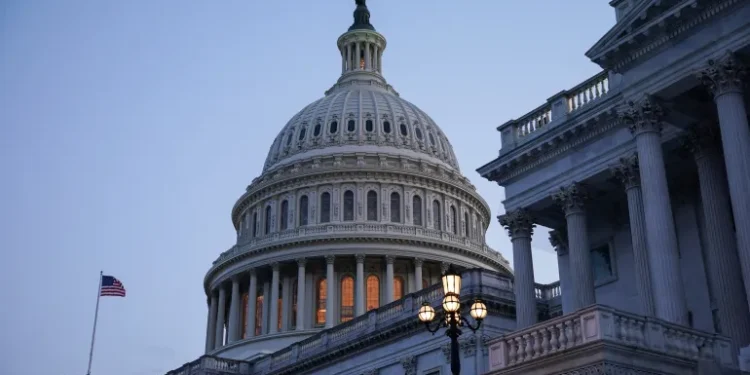As Ghana embarks on a journey towards a greener and more sustainable future, the discussion around nuclear power as a viable component of its energy mix has gained momentum.
With the country’s commitment to achieving net-zero emissions by 2060, the exploration of nuclear power presents itself as a strategic option for transitioning away from fossil fuels, particularly given the challenges associated with the oil and gas industry and the need for a diversified energy portfolio.
Ghana’s recent discoveries of oil and gas resources have brought significant economic benefits, with the sector surpassing the gold industry in terms of economic impact. However, the global trend towards renewable energy and the decreasing demand for fossil fuels pose a challenge to the sustainability of these industries.
The transition towards cleaner energy sources necessitates a reevaluation of Ghana’s energy policies and strategies, leading to the development of a national energy transition framework. This framework aims to integrate nuclear power into the country’s energy mix alongside other renewable energy sources, such as solar and wind power, to achieve a balanced and sustainable energy future.
Dr. Sama Bilbao y León, Director General of the World Nuclear Association, advocated for nuclear power as a clean transitional energy source. Dr. León noted, “Africa’s priority is to energize. This is why we are trying to explain why nuclear can be a true contributor [to supply]. Nuclear energy is the only carbon-free energy resource that can produce electricity and heat at the same time.”
Nuclear power stands out as a clean energy source capable of providing base-load electricity, which is essential for Ghana’s growing economy. Unlike fossil fuels, nuclear power does not emit greenhouse gases during operation, making it a crucial element in Ghana’s efforts to combat climate change.
The inclusion of nuclear power in Ghana’s energy transition strategy is seen as a means to diversify the energy mix, reduce reliance on imported fuels, and ensure a steady supply of electricity for industrial growth and development.
The Akosombo Dam, Ghana’s primary hydroelectric power source, has seen a significant decline in water levels, rendering it less reliable. Thermal power, which currently constitutes 66% of Ghana’s energy mix, is predominantly fueled by natural gas, light crude oil, and diesel. This reliance on fossil fuels not only contributes to high electricity costs but also impacts the environment negatively
The transition to cleaner energy sources, including nuclear power, is not just about environmental sustainability but also about creating jobs and stimulating economic growth. The energy transition in Ghana is projected to create a significant number of jobs across various sectors, with a particular emphasis on construction and installation. This transition represents an opportunity for Ghana to modernize its infrastructure and workforce, preparing them for the demands of a green economy.
Addressing Challenges and Considerations for Economic Sustainability

Dr. León highlighted some of the challenges associated with nuclear development. She underscored the substantial infrastructure requirements of nuclear projects, with construction times spanning ten years but providing energy supply for the next century.
Dr. León revealed: “The real question is not how much does it cost to invest in energy but how much does it cost not to invest in energy.”
While nuclear power offers numerous advantages, including low operational costs and high energy density, it also comes with its set of challenges. These include the high upfront investment required for nuclear power plants, the management of radioactive waste, and the need for stringent safety standards.
Ghana will need to navigate these challenges carefully, ensuring that the benefits of nuclear power outweigh the risks and that the country’s energy transition remains environmentally and economically sustainable.
Ghana has made considerable progress in its nuclear energy journey. The country has completed critical studies and assessments, positioning itself to make informed decisions about its nuclear program. The establishment of the Ghana Nuclear Power Programme Organisation (GNPP) and collaboration with the International Atomic Energy Agency (IAEA) are pivotal in ensuring the deployment of safe and effective nuclear technology
As Ghana navigates its path towards a cleaner and more sustainable energy future, nuclear power emerges as a promising component of its energy mix. By integrating nuclear power into its energy transition strategy, Ghana can leverage the benefits of a clean, reliable, and efficient energy source, while addressing the challenges posed by the global shift away from fossil fuels.
The successful implementation of nuclear power in Ghana’s energy landscape will require careful planning, investment, and adherence to international safety standards, ensuring that the country’s transition to a greener economy is both effective and sustainable.





















